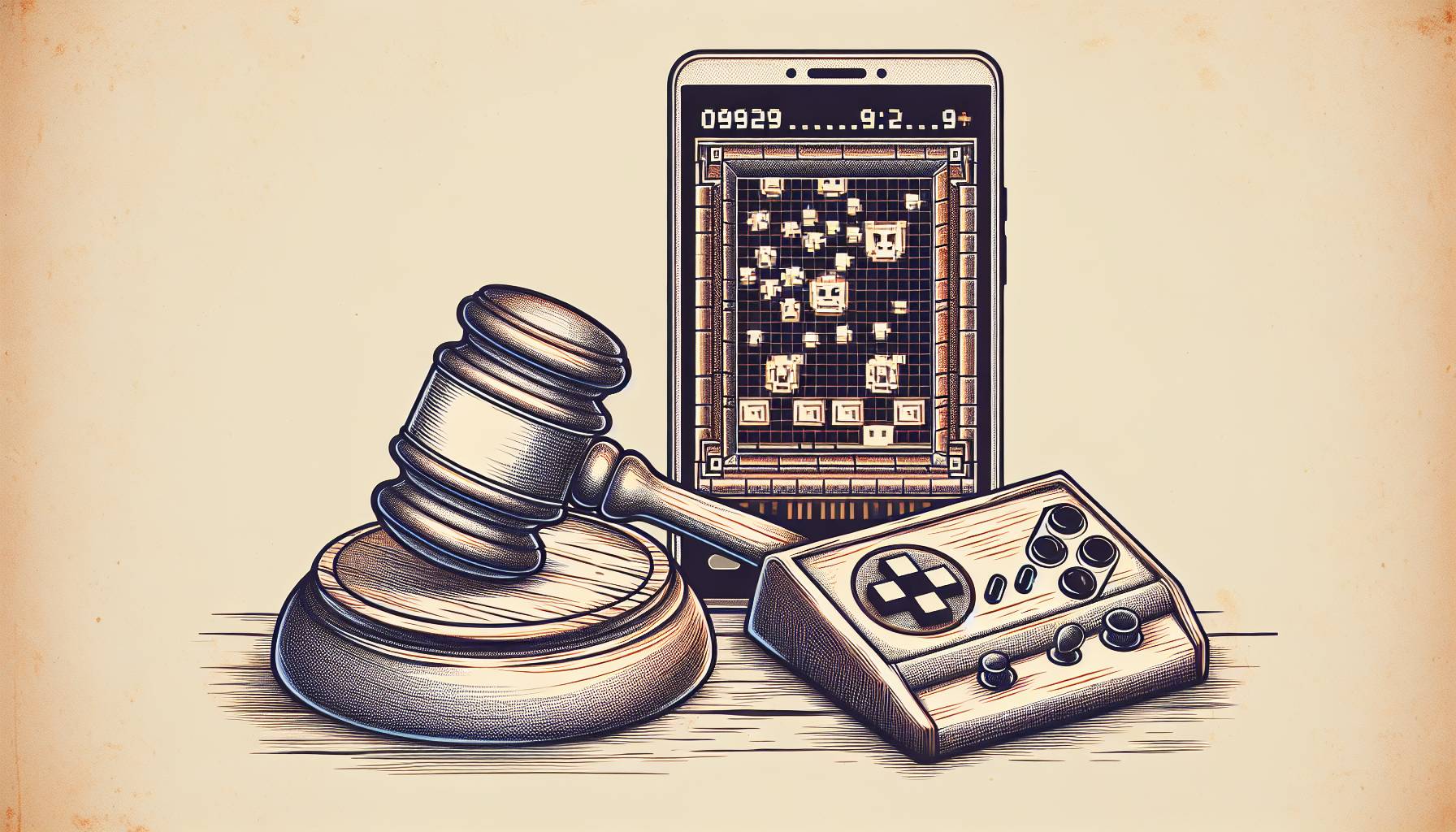This is such a great day for mobile phone users.
Is it because they just learned they’ll be able to rush to a Verizon (VZ) store in February and get an iPhone? Nah. The truth is, by now Android phones can do just about anything an iPhone can do, and sometimes better.
The Verizon Wireless announcement Tuesday that iPhones will be available on its network has a far bigger implication. Finally, the idiotic competitive constraints that have kept the various smartphone players from engaging in an all-out smackdown are gone.
AT&T loses its exclusive handle on the iPhone
AT&T (T) had locked up the iPhone while keeping Android largely off its network. That had the result of protecting AT&T (it could draw customers with the iPhone while operating an inferior network) and Android (the hundreds of millions of people worldwide who wanted iPhone-like features but weren’t on AT&T turned to Android phones). It also put a limiter on Apple’s (AAPL) head start so it couldn’t crush Android before Android had a chance to flourish. And, the arrangement forced Verizon and Sprint to aggressively market Android as a counter-balance to the iPhone in the U.S.
All of that turned out to be a good thing for mobile device consumers – for a while. It prevented the iPhone from becoming the iPod – a ridiculous market where no competing device can even get a breath of air, much less a foothold. That kind of market squashes innovation and keeps prices high.
Android had space to flourish
But as 2011 begins, Android has pulled even with the iPhone in many important ways. In November, Android held 26% of the smartphone market, up 6.4 percentage points. Apple’s iPhone had 25%, up a little less than 1 point. Blackberry was still the market leader with 33.5%, but its fortunes are plunging rapidly – it lost 4.1 percentage points from August to November, according to comScore.
The iPhone has tens of thousands more apps than Android, but most of the meaningful titles are available on both platforms and developers are increasingly writing for both. Android phones are made by a plethora of companies – Samsung (005930.KS), LG (066570.KS), Motorola (MMI), and HTC (2498.TW). That puts more R&D behind Android phones than Apple could hope to match. And indeed, Android phones beat Apple with 4G phones. Motorola is planning to roll out an AT&T Android phone that has a dual-core processor that can handle more tasks simultaneously. At the same time, Apple’s incomparable designers have pushed the iPhone forward, making it sleeker, cheaper, better.
Download our new Android app!
A fair fight will be good for consumers
So now, with carrier exclusivity gone, we’ve got a fair fight in phones, and that’s going to drive Apple and the Android-backers – along with current also-rans like Microsoft (MSFT) and H-P’s Palm (HPQ) – to work like hell to out-innovate each other. How great is that?
Better yet, the same thing is going to happen to carriers. Without having the iPhone to itself, AT&T Wireless has no choice but to fix the connectivity problems its customers have complained about for years. In fact, it’s now going to have to get better than Verizon or risk an outflow of customers. That should force Verizon to try to stay ahead. Both will not only build better networks – they’ll compete on price. For that matter, once Apple starts making a CDMA phone, it could also put the iPhone on Sprint, which like Verizon is based on CDMA.
The competitive battles will go beyond the United States, too. China Telecom, KDDI in Japan and LG Telecom in South Korea are CDMA systems. If the iPhone is let loose on those networks, in countries where some of the most innovative phones are invented, imagine how it will ratchet up competitive juices.
In the next few months, there will be a swirl of activity as those consumers who have to have an iPhone on Verizon clamber to get one. Scales will tip a little between iPhone and Android, Verizon and AT&T. But the important stuff will happen once the excitement of the moment dies down and the players in the mobile industry all go after each other with mallets.












